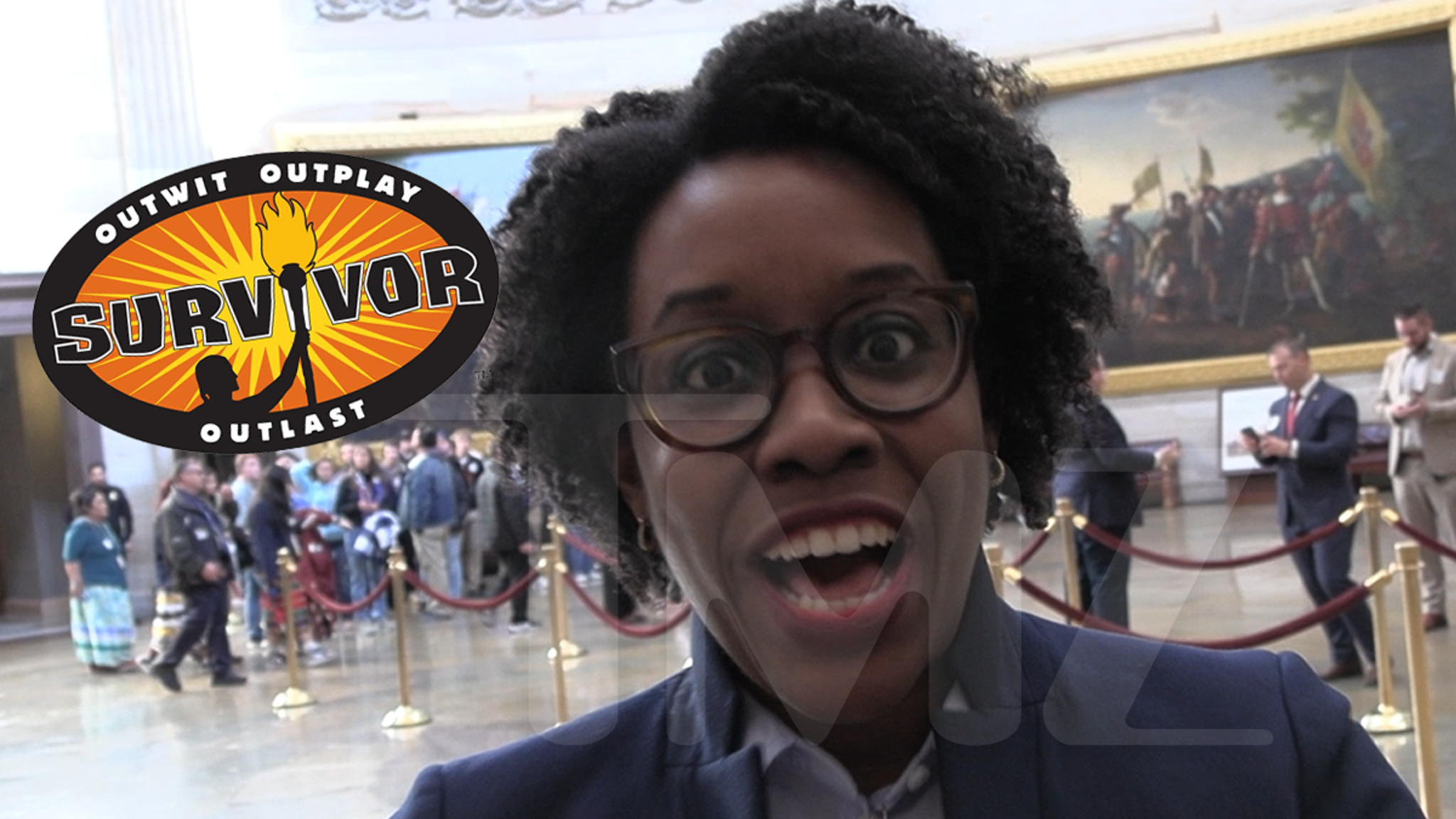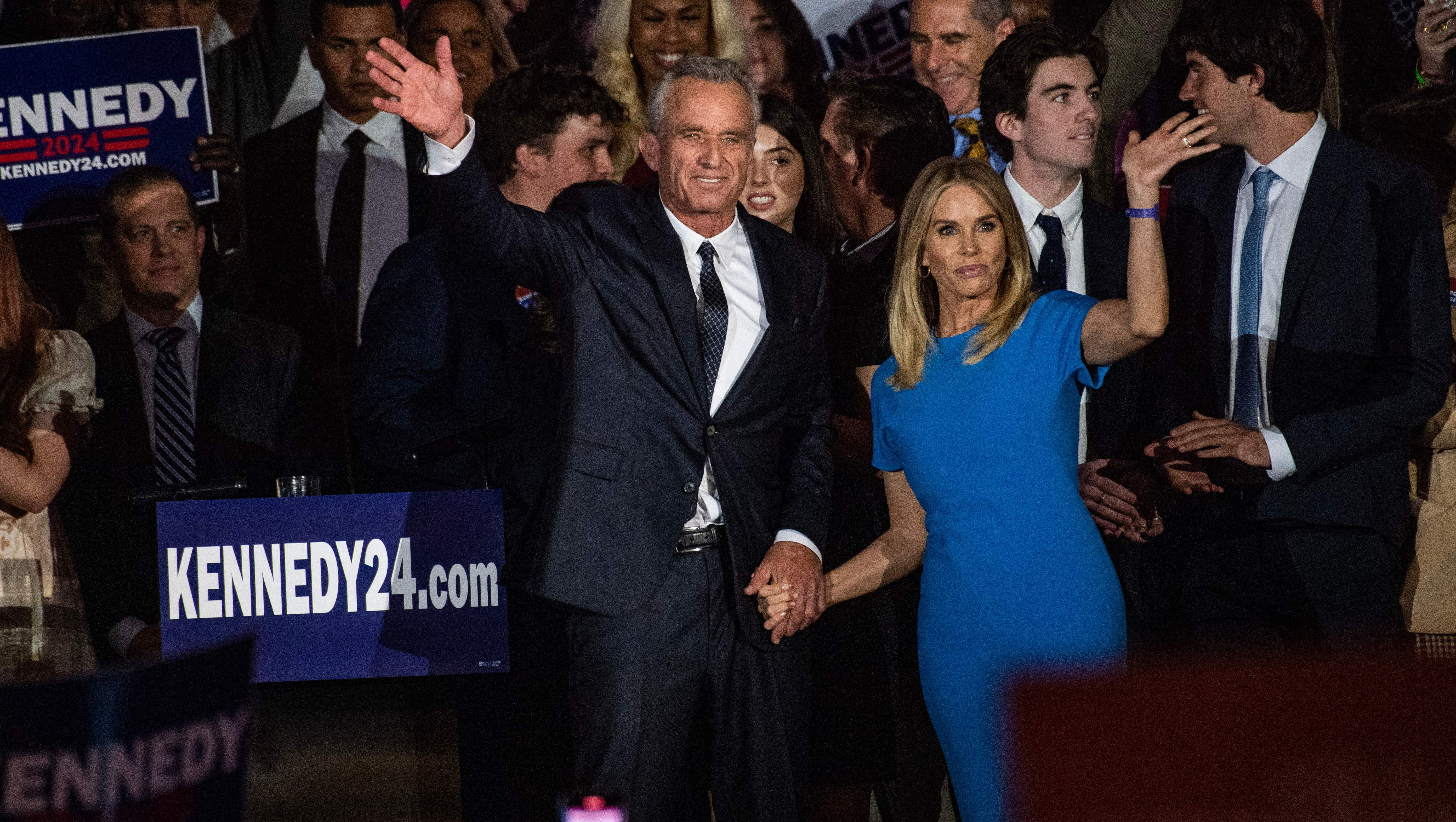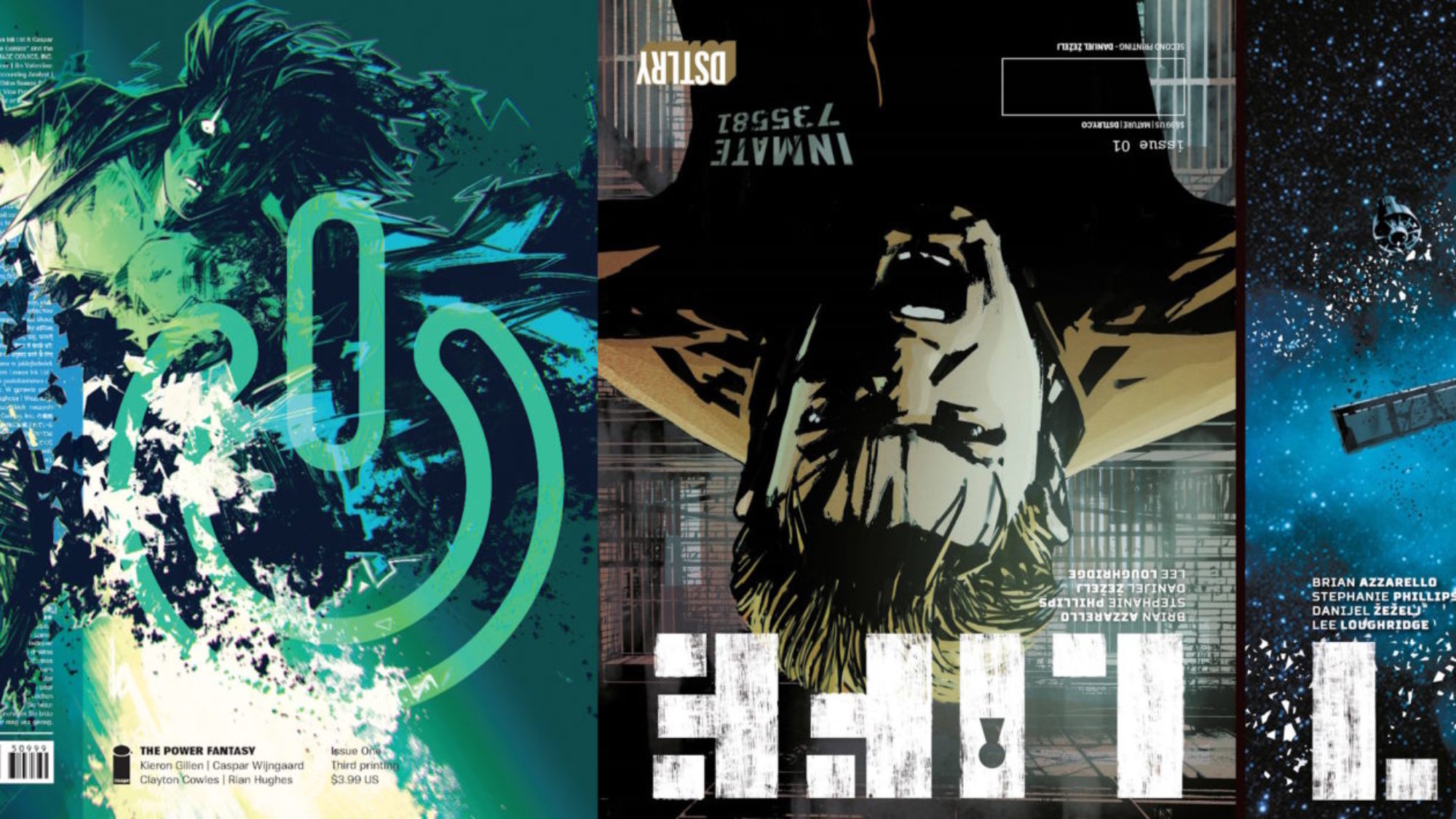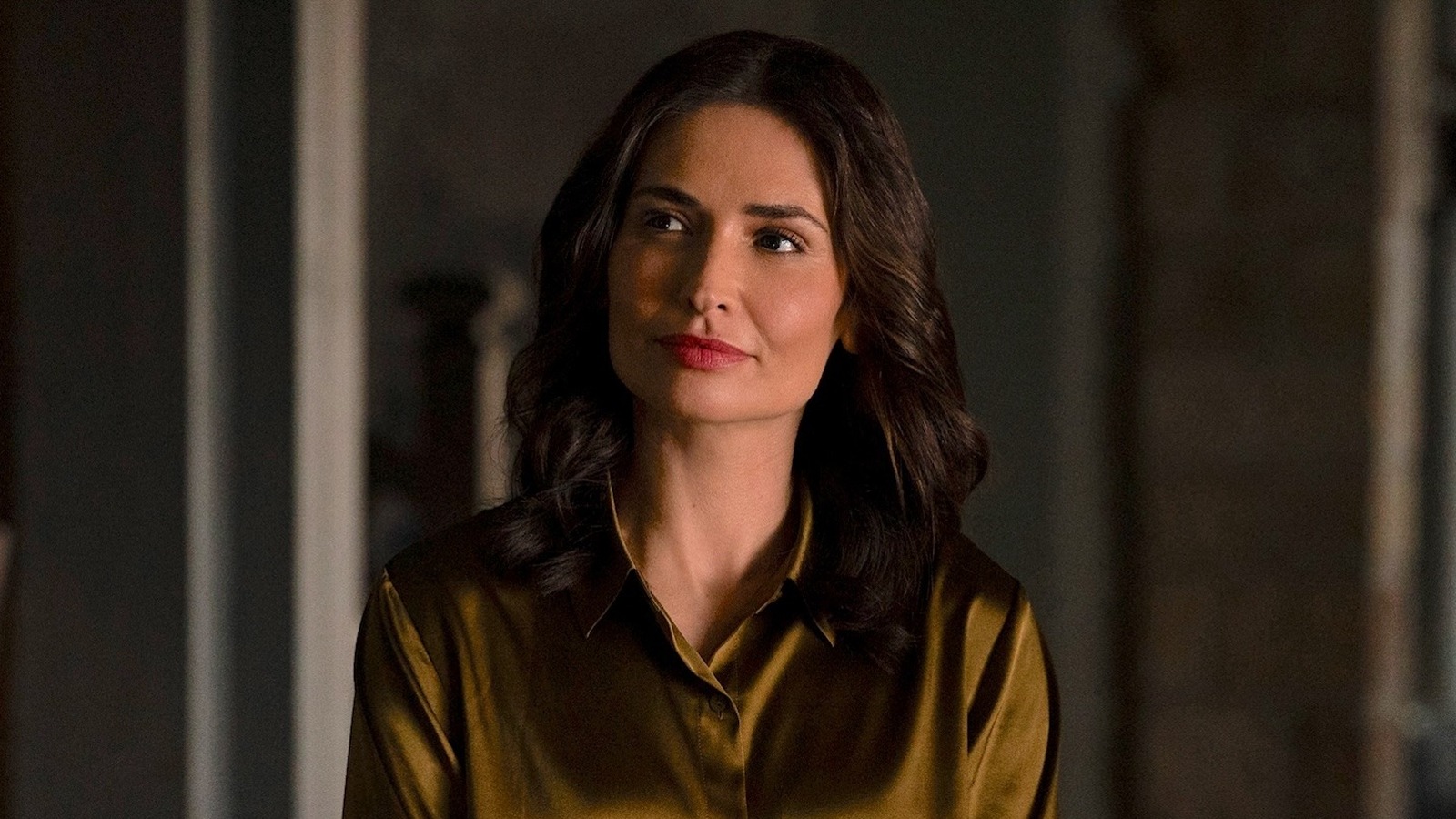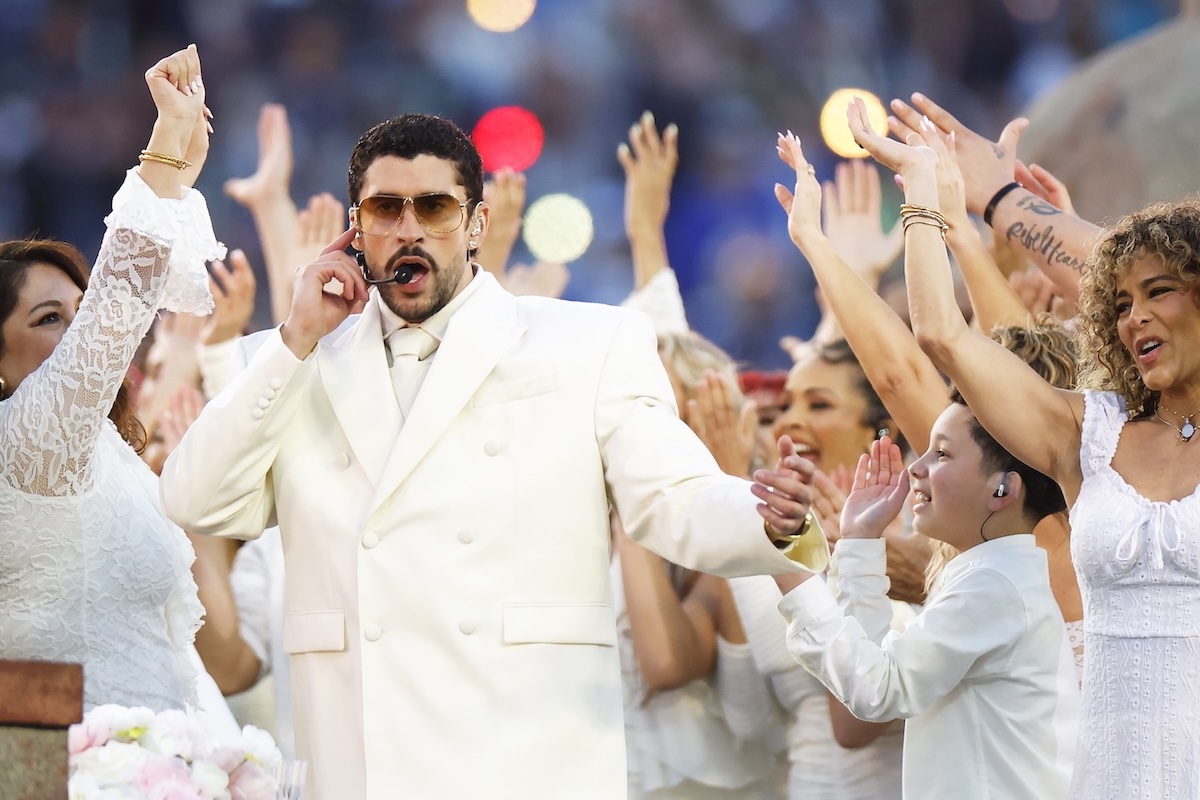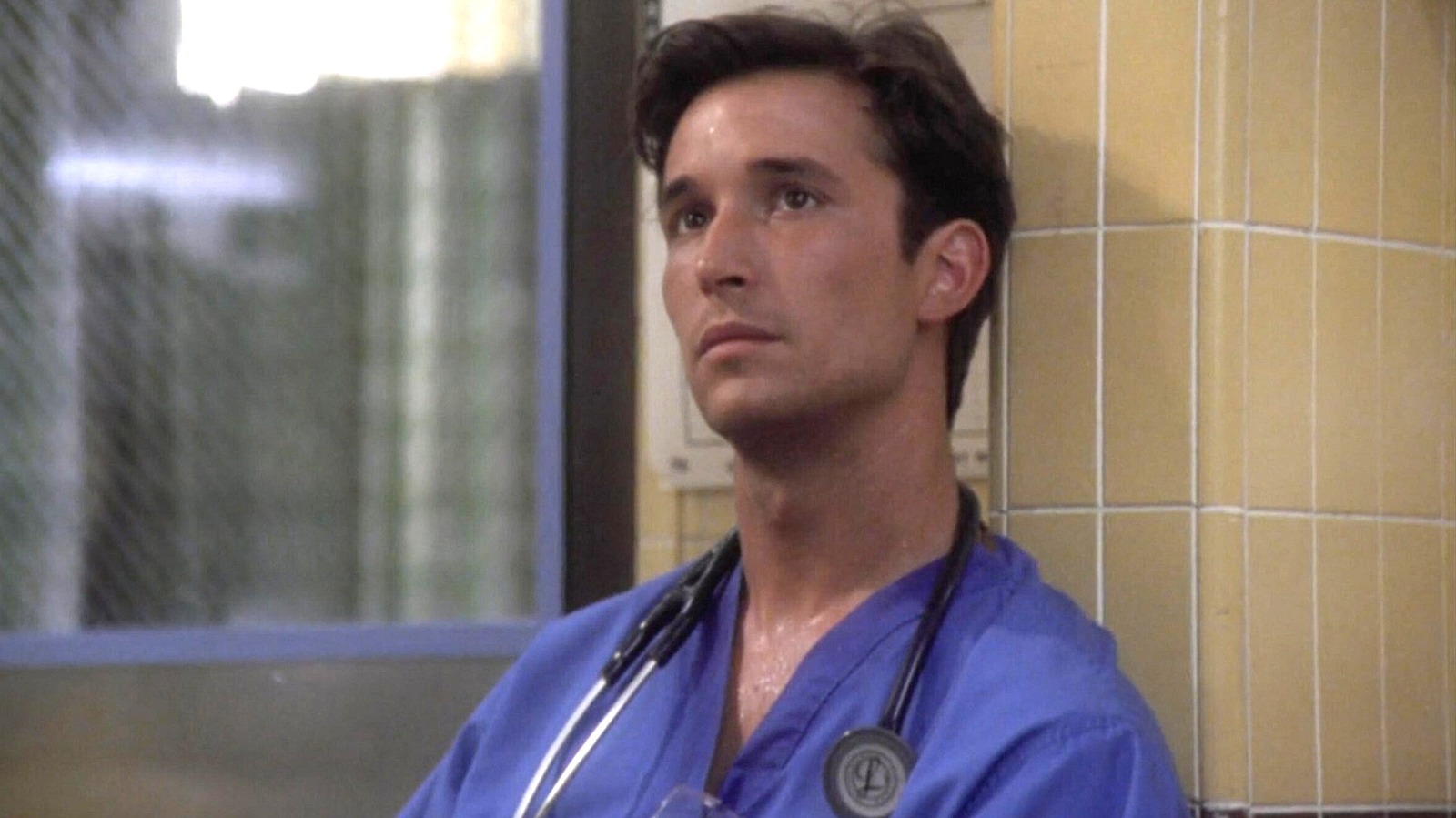One of Canada’s most prominent museums is reopening after an 18-month upgrade for “cutting-edge” base-isolation retrofitting that would allow it to survive a once-in-2,500-year earthquake.
The Museum of Anthropology at the University of British Columbia’s campus in Vancouver will reopen to the public later this week with two new exhibits, along with a $40-million upgrade on the building originally opened in 1976.

UBC Facilities director of project services Jay Hiscox says the retrofitting was challenging given renowned architect Arthur Erickson’s “unconventional” design, where adding new support would have “complicated the building and lost its essence.”
Officials say it’s the first time a Canadian museum has been retrofitted with the base isolation technology, which uses movement joints at the bottom of the building to limit the transfer of ground shifts to the structure.
Breaking news from Canada and around the world
sent to your email, as it happens.
The museum was identified as a high priority for seismic upgrades in 2017, and director Susan Rowley says they took it as an opportunity to renew the space by adding new exhibits, while refocusing the Indigenous artifacts as part of “living, vibrant, sovereign cultures.”

One of the new exhibits, entitled “To Be Seen, To Be Heard,” focuses on First Nations Peoples in public spaces representing their cultures during Canada’s colonial past.
“We’re all thinking about reconciliation and decolonization and what does that mean, and trying to understand that history, particularly for many of us who grew up not knowing this history although it’s the history of the land in which we live,” Rowley says. “It’s trying to come to terms with what were we not hearing? How were we not hearing it?”
© 2024 The Canadian Press








